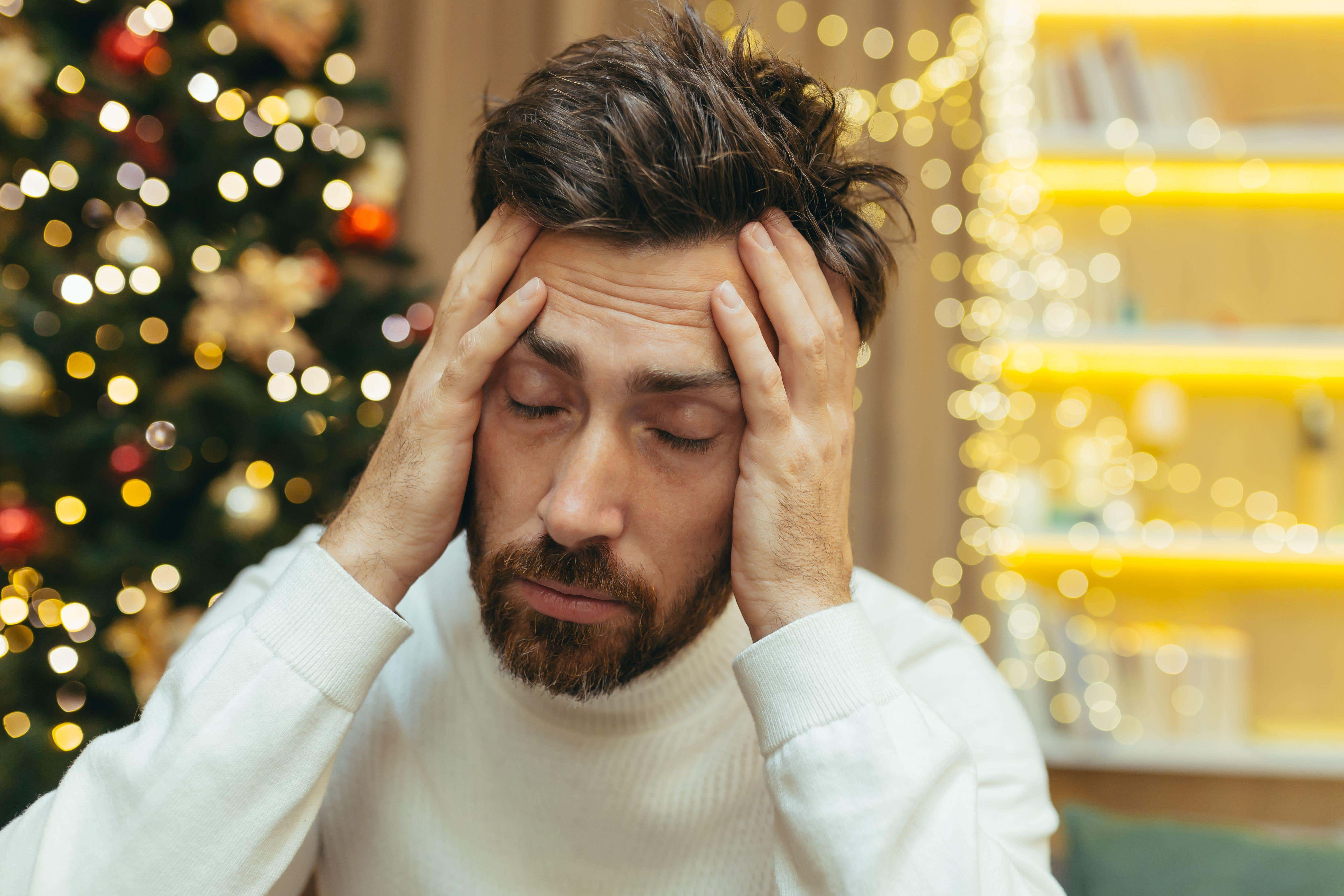How to prevent burnout in the run up to Christmas
Make sure you carve out some time for yourself amongst all the Christmas chaos.

Your support helps us to tell the story
From reproductive rights to climate change to Big Tech, The Independent is on the ground when the story is developing. Whether it's investigating the financials of Elon Musk's pro-Trump PAC or producing our latest documentary, 'The A Word', which shines a light on the American women fighting for reproductive rights, we know how important it is to parse out the facts from the messaging.
At such a critical moment in US history, we need reporters on the ground. Your donation allows us to keep sending journalists to speak to both sides of the story.
The Independent is trusted by Americans across the entire political spectrum. And unlike many other quality news outlets, we choose not to lock Americans out of our reporting and analysis with paywalls. We believe quality journalism should be available to everyone, paid for by those who can afford it.
Your support makes all the difference.The festive season often involves more social activities, shopping and travel, which can disrupt regular routines and lead to burnout.
Having a jam-packed diary of work drinks, Christmas dos and dinner parties might seem like a fun idea, but could quickly lead to fatigue if you don’t take some time for yourself.
But what is social burnout? And how can we prevent ourselves from becoming physically and mentally drained amongst all the festivities in the run up to Christmas?
What is burnout?
“Burnout is often used to describe a chronic build-up of stress without break,” explains Dr Sandi Mann, senior psychology lecturer at the University of Central Lancashire. “This can lead us to ‘burnout’, like a wire that has had too much electricity running through it.”
This can have both mental and physical consequences.
“Signs of social burnout can include physical and mental fatigue, a sense of dread or reluctance towards upcoming events, irritability, difficulty focusing, and a desire to withdraw from social activities,” notes Christine Schneider, clinical psychologist and mental wellbeing coach at Cambridge Therapy Centre. “Those experiencing social burnout may feel overwhelmed by even small interactions, the struggle to feel present, and may experience increased anxiety, especially when thinking about further social commitments.”
Here are some ways to prevent social burnout in the run up to Christmas…
Understand what your own personal preferences are
“Accept what you like and dislike, what makes you anxious or what makes you feel good and then act on this,” advises Jan P. de Jonge, psychologist at People Business Psychology. “There is no need to be a social butterfly, no obligation to enjoy that next Christmas work do or New Year’s Eve party. Even if others are, or seem excited about them. Just be you.”
Be open about your feelings
“Speak to bosses, colleagues and family about only being available to attend the engagements that you are expected at,” recommends de Jonge. “Be open and honest about how you are feeling, and explain that you have too many plans and are feeling drained.”
Limit back-to-back events
“If possible, avoid scheduling multiple social events in a single day or weekend,” advises Schneider. “Spread out engagements to give yourself time to decompress and process each experience, rather than rushing from one gathering to another.”
Try meditation
If you are getting overwhelmed about your busy schedule, then try meditation to slow down.
“Meditation can help you feel calm, relaxed, and discover clarity and peace,” says Nicci Roscoe, holistic health and wellbeing practitioner. “There are various techniques, such as focusing on your breath, listening to soothing music, or visualising serene scenes.”
Set time limits
“Change how and when you socialise by reducing the length and time of day that you meet,” suggests de Jonge. “Don’t feel pressured to stay for a night cap or dessert.”
Plan downtime and stick to it
Block out some time in your calendar specifically for relaxation, whether it’s a quiet evening at home or a day to yourself.
“These breaks can help recharge your energy between social events and keep you from feeling overwhelmed,” explains Schneider. “Treat these as non-negotiable appointments with yourself.”
Learn when to say no
“Practice saying no to that next invitation if you feel you’re not up to it or just don’t feel like it,” recommends de Jonge. “Accept your own valid argument of needing some downtime.”
Prioritise people who make you happy
Be picky about who you are spending your time with.
“Say goodbye to ‘energy drainers’, or those individuals who consistently make you feel stressed,” recommends Roscoe. “Energy drainers often project their own issues onto others, which can weigh you down.
“Instead, surround yourself with individuals who radiate positive energy. These uplifting people will boost your mood and energy, providing a sense of calm when you need it most.”